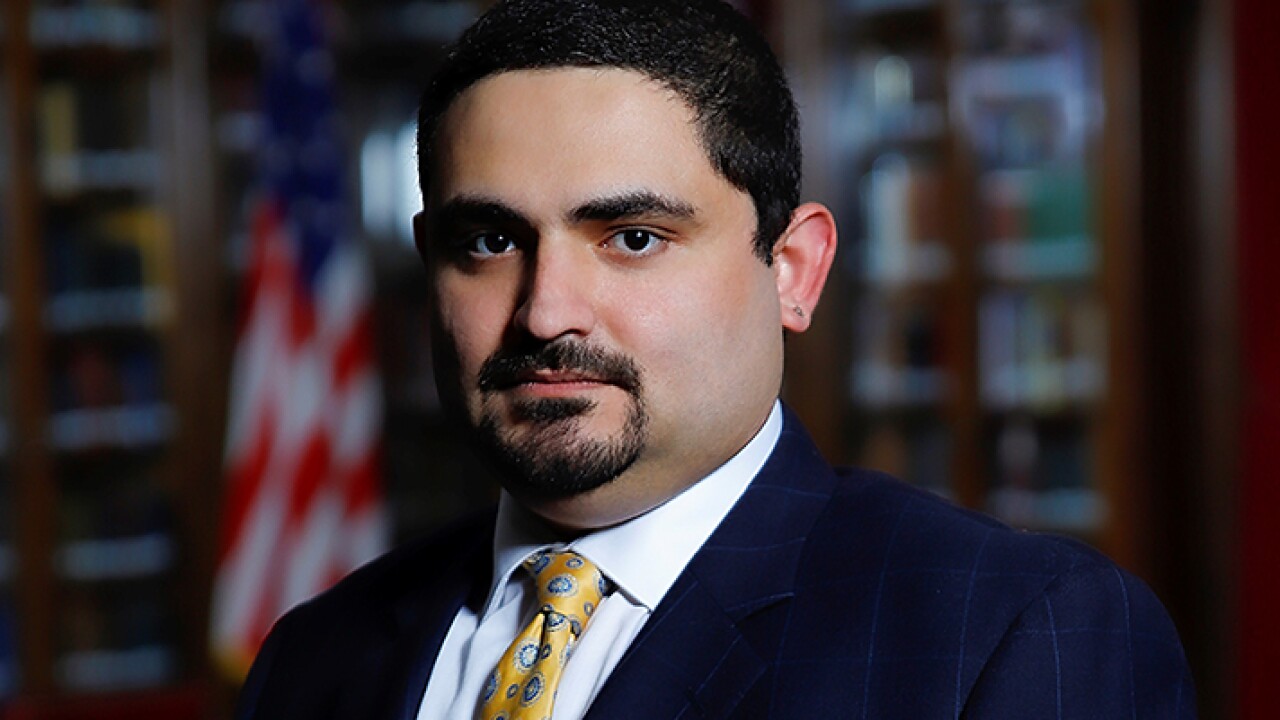WASHINGTON – A group of lawmakers have introduced identical bipartisan bills in the House and Senate that would authorize money for low-cost state revolving fund loans to increase investment in water infrastructure.
“This legislation rejects the fix-as-fail approach currently used to upgrade the nation’s infrastructure and instead empowers states to invest in multiple water infrastructure projects,” said Sen. John Boozman, R-Ark., one of the sponsors of S. 2364, the Security Required Funding for Water Infrastructure Now (SRF WIN Act) on Tuesday.
“The bill combines the best aspects of state revolving bonds with the leveraging power of the Water Infrastructure and Innovation Act (WIFIA) to make the process easier and more affordable for states to meet their underserved or unmet water infrastructure needs,” said Boozman, whose fellow sponsors are Sens. Jim Inhofe, R-Okla., Cory Booker, D-N.J. and Dianne Feinstein, D-Calif.

Boozman chairs the Environment and Public Works Committee’s Fisheries, Water and Wildlife Subcommittee.
The identical bill in the House, H.R. 4902, was introduced by Reps. John Katko, R-N.Y., and Earl Blumenauer, D-Ore., on the same day.
The bills would authorize $200 million annually over five years to clean water and drinking water state revolving funds so they could loan money out for water projects at Treasury rates, similar to the loans made under the WIFIA program.
Currently the federal government provides funds for the SRFs. States either make loans to communities for clean or drinking water projects that are paid back and recycled or they use the money as collateral for bond issues.
This legislation “would be like setting up another WIFIA program just for SRFs, said Rick Farrell, executive director of the Council of Infrastructure Financing Authorities.
The bills also would encourage states to bundle their projects by waiving the $100,000 application fee and by streamlining the application process to a maximum of 180 days.
They also would simplify the federal approval process by allowing thousands of vetted drinking water and wastewater projects to receive funding, eliminating the need for the Environmental Protection Agency to process additional loan applications, according to a release by Boozman.
CIFA recently sent a one-page letter to Boozman showing strong support for the bill in the Senate.
The bill “proposes an important new source of funding for state revolving fund programs that will enable states to expand assistance to communities to build and improve water infrastructure,” said CIFA president Jeff Freeman, who is executive director of the Minnesota Public Facilities Authority.
However, the American Water Works Association, the Association of Municipal Water Agencies, and the Water Environment Federation strongly oppose the legislation. AWWA and AMWA together represent more than 80% of drinking water utilities across the country.
"We believe the legislation is an inefficient solution in search of a problem," said Nate Norris, senior legislative analyst at AWWA. "Many states already have the ability to leverage their SRF capitalization grants on the bond market through the existing WIFIA program, at Treasury rates. By offering below Treasury rates, the SRF WIN legislation would create a program that both costs the government more money and falls substantially short of WIFIA’s leveraging ability."
"Our organizations believe a much better alternative would include simply boosting funds for the existing SRF and WIFIA programs," Norris said.





